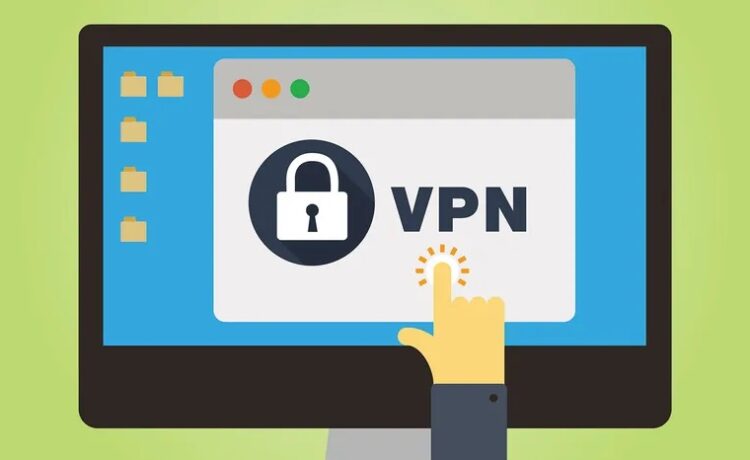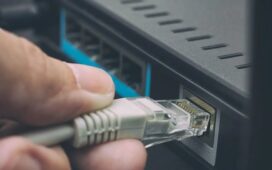A VPN diverts a device’s internet connection through a private service, concealing the user’s IP address and creating an encrypted tunnel for secure internet access. It masks the user’s location, providing access to region-restricted content. For instance, a user in the U.S. can set their location to the UK, accessing content tailored for that region. This flexibility extends to streaming services, enabling users to watch content from their home country while abroad. Do check about: VPN Fraud Score Test
Let’s explore into some common applications of VPNs:
Browsing History Protection:
ISPs and web browsers often track users’ online activities, creating a history of visited websites tied to their IP addresses. This information can lead to targeted advertisements and potential data selling. A VPN ensures privacy by keeping search information confidential, preventing ISPs and web browsers from serving related ads.
IP Address and Location Data securing:
An IP address acts as the internet’s return address on a letter, providing information about the user’s online activities and location. VPNs use alternative IP addresses, allowing users to browse anonymously and protect their data from being seen by potential hackers.
Streaming Location hiding:
Streaming services offer varied content based on users’ locations. A VPN enables users to access content intended for different countries, allowing them to enjoy their favorite shows even when abroad.
Protecting Devices:
VPNs play a crucial role in safeguarding devices from cyber threats, especially when connecting to public Wi-Fi networks. By masking the device’s location, a VPN ensures that the user’s data remains secure and inaccessible to potential hackers.
Ensured Internet Freedom:
VPNs help users maintain internet freedom by hiding their browsing history, protecting them from government surveillance. As long as the VPN provider doesn’t log browsing history, users can be confident in preserving their online freedom.
Advantages of Using a VPN:
VPN Encryption: VPNs utilize encryption to secure users’ data and activities, ensuring privacy. Encryption creates a secure tunnel where data is encoded, making it unreadable without the appropriate encryption key.
VPN Protocols: VPN services employ various protocols to provide users with fast and secure internet connections. These protocols use encryption and transmission standards to determine how data is transported between the user’s device and the VPN server.
VPN Protocols:
PPTP: Point-to-Point Tunneling Protocol an older protocol created by Microsoft, known for its simplicity but criticized for security issues.
L2TP: Layer 2 Tunneling Protocol combines PPTP with L2F and is typically bundled with security protocols like IPsec.
SSTP: Secure Socket Tunneling Protocol a secure protocol by Microsoft that uses SSL/TLS for encryption, key negotiation, and traffic integrity checking.
IKEv2: Internet Key Exchange Version 2 handles request and response actions to ensure secure and authenticated traffic, often used for mobile devices.
OpenVPN: Widely regarded as the best open-source VPN technology, offering robust security with open-source principles.
In conclusion, a VPN provides users with a secure and private online experience, offering numerous benefits such as protecting browsing history, securing IP addresses, accessing geo-restricted content, device protection, and ensuring internet freedom. Understanding the functionality of VPNs and their applications empowers users to make informed decisions regarding their online privacy and security.












